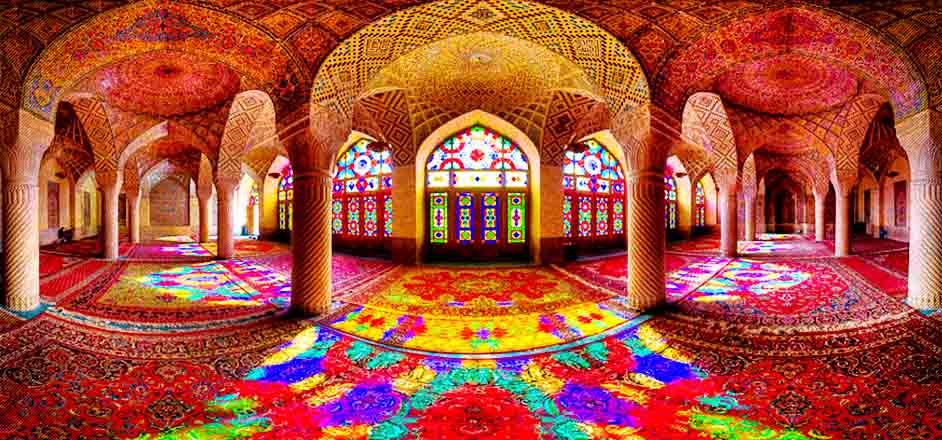Religion is confusing.
Hindus eat pork but not beef; Jews eat beef but not pork. Christians say God created the world in six days; Jains say the world has always been here.
Take Islam. It's one of the strictest religions. No alcohol, no premarital sex, no transgendered orgies. (That's the general consensus on what the Quran says, anyway.)
So you'd think they'd be against all kinds of libertine craziness. But on narcotics, from marijuana to opioids, Islam might be one of the most liberal.
"Only drinking alcohol is forbidden in the Quran," Reza Farokhfal, an Iranian-born researcher in cultural studies at the University of Colorado Boulder, told Rooster. Drugs, generally speaking, are not outlawed. "Some mullahs are addicted to opium, or smoke it casually. Its smell is really seductive when they smoke it in the Iranian style."
It's true; you can smell opium toked openly on Iranian street corners. The fact that some Islamic leaders preach against beer while puffing an opium pipe might seem a confusing message for youngsters, and show that either God operates by a higher form of logic, or the Skype connections between God and the religions who claim to represent him have a lot of static, a lot of dropped calls.
If Farokhfal is right, does this really mean that, say, psychedelics are allowed in Islam?
Seeking clarification, a few lovers of psychoactive substances reached out to one of the highest religious scholars in Shia Islam, the Ayatollah Rohani of Iran, not long ago.
Rohani is not the most important religious figure in Iran, but he is the leader of about 7 million Muslims. He's not liberal; he disapproves of such things as the playing of chess and listening to music.
But according to a letter, the Ayatollah declared that psychoactive drugs are okay. (He used the word "halal" — permissible under the rules of Islam.) That is, if qualified experts administer these drugs, and the goal is improved health. A Muslim man familiar with the discussions, and who put the letter online, Wahid Azal, told Rooster that the ruling was acquired by some Lebanese men who used "entheogens" — psychedelics such as ayahuasca and DMT.
Seeking to verify the authenticity of the letter, we sent two emails and made two phone calls to the office of the Ayatollah Rohani in Iran, but no one got back to us.
So we're not sure whether this story is true, whether an Ayatollah who disapproves of dancing and music approves of tripping on life-changing drugs.
If true, this ruling would make Rohani's branch of Islam more lenient on drugs than most other mainstream religions. And it would make such modern practices as ketamine treatment, MDMA therapy and ayahuasca retreats clearly open to devout practitioners of Rohani's type of Shia Islam.
To be clear, many Islamic scholars say Islam is strict on drugs, too, just like it's strict on sex.
"According to some Islamic authorities, books and treatises, it is argued that since narcotics are harmful physically, it is better not to use those things," Farokhfal, the CU professor, said. "But, again, note that this is expressed only in terms of an advice, not a religious prohibition based on the Quran."
The bearded old men who claim to have God's home number have never been clear on mind-altering substances. Catholics say alcohol is holy, Baptists say it's outlawed. Rastas say marijuana is sacred, the Amish say it's no good. Some Mexicans say mushrooms are the flesh of the gods … and so on.



Leave a Reply
You must be logged in to post a comment.